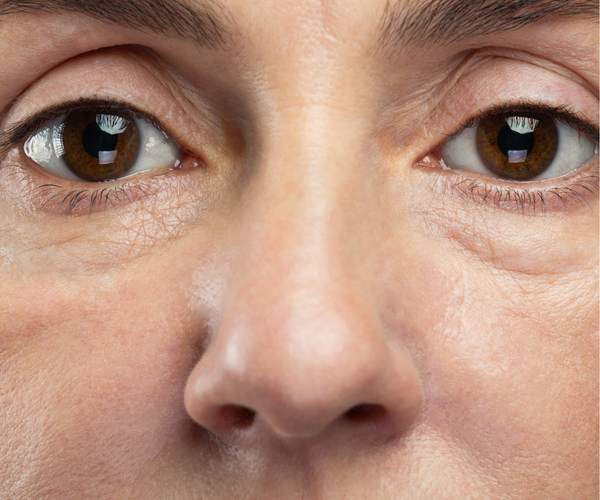What is Collagen? Your Guide to Youthful Skin and Beyond

What is Collagen?
Collagen is the most abundant protein in the human body, acting as the essential building block for connective tissues. Think of it as the body's internal scaffolding, providing structure and support to skin, bones, muscles, tendons, and ligaments. Its role is crucial for maintaining youthful appearance and overall health. As we age, our natural collagen production decreases, leading to visible changes in our skin and other tissues. Understanding what collagen is and how it functions is key to maintaining health and well-being.
The Importance of Collagen for Healthy Skin
When it comes to skincare, collagen plays a starring role. Its presence gives skin its firmness, elasticity, and that coveted youthful glow. Collagen fibers form a network that supports the skin's structure, preventing sagging and wrinkles. As collagen levels diminish with age, the skin loses its ability to bounce back, resulting in the formation of wrinkles, fine lines, and a loss of firmness. This is why collagen is so vital for maintaining healthy skin as we age.
Collagen and Aging Skin
The aging process naturally leads to a decrease in collagen production. This decline typically begins in our mid-twenties and accelerates as we get older. Environmental factors like sun exposure, smoking, and poor diet can further exacerbate this decrease. The resulting loss of collagen contributes significantly to the visible signs of aging, including:
- Wrinkles and fine lines: Loss of collagen support allows skin to wrinkle and sag.
- Loss of skin elasticity: Skin becomes less firm and loses its youthful bounce.
- Dryness and dehydration: Collagen helps the skin retain moisture; its depletion leads to dryness.
- Thinning skin: Collagen supports skin thickness; reduced levels make skin appear thinner and more fragile.
Boosting Collagen Levels: Strategies for Healthier Skin
While the aging process inevitably leads to collagen reduction, there are several ways to support your body's natural production and maintain healthy skin. These strategies include:
- Maintain a healthy diet: A diet rich in protein, vitamin C, and antioxidants is crucial for collagen synthesis. Foods like bone broth, berries, citrus fruits, and leafy greens are excellent sources of collagen-supporting nutrients.
- Protect your skin from sun damage: UV radiation significantly accelerates collagen breakdown. Always use sunscreen with a high SPF to protect your skin from the sun's harmful rays.
- Quit smoking: Smoking drastically reduces collagen production and accelerates skin aging. Quitting is one of the best things you can do for your skin and overall health.
- Consider collagen supplements: Collagen supplements, such as hydrolyzed collagen peptides, are readily available and have shown promise in improving skin hydration and elasticity. However, consult with your doctor before starting any new supplement regimen.
- Stay hydrated: Drinking plenty of water keeps your skin hydrated and plump, supporting its overall health and appearance.
Collagen's Role Beyond Skincare
While its impact on skincare is widely discussed, collagen's importance extends far beyond the surface. It plays a vital role in maintaining the health of your bones, joints, muscles, and other connective tissues. Adequate collagen contributes to joint flexibility, bone strength, and overall physical well-being.
Conclusion
Collagen is a fundamental protein essential for maintaining youthful, healthy skin and overall well-being. While natural collagen production declines with age, adopting a healthy lifestyle, incorporating collagen-boosting strategies, and considering supplementation can help mitigate this decline and contribute to a more vibrant and healthy you. Remember to consult with healthcare professionals for personalized advice tailored to your specific needs.




